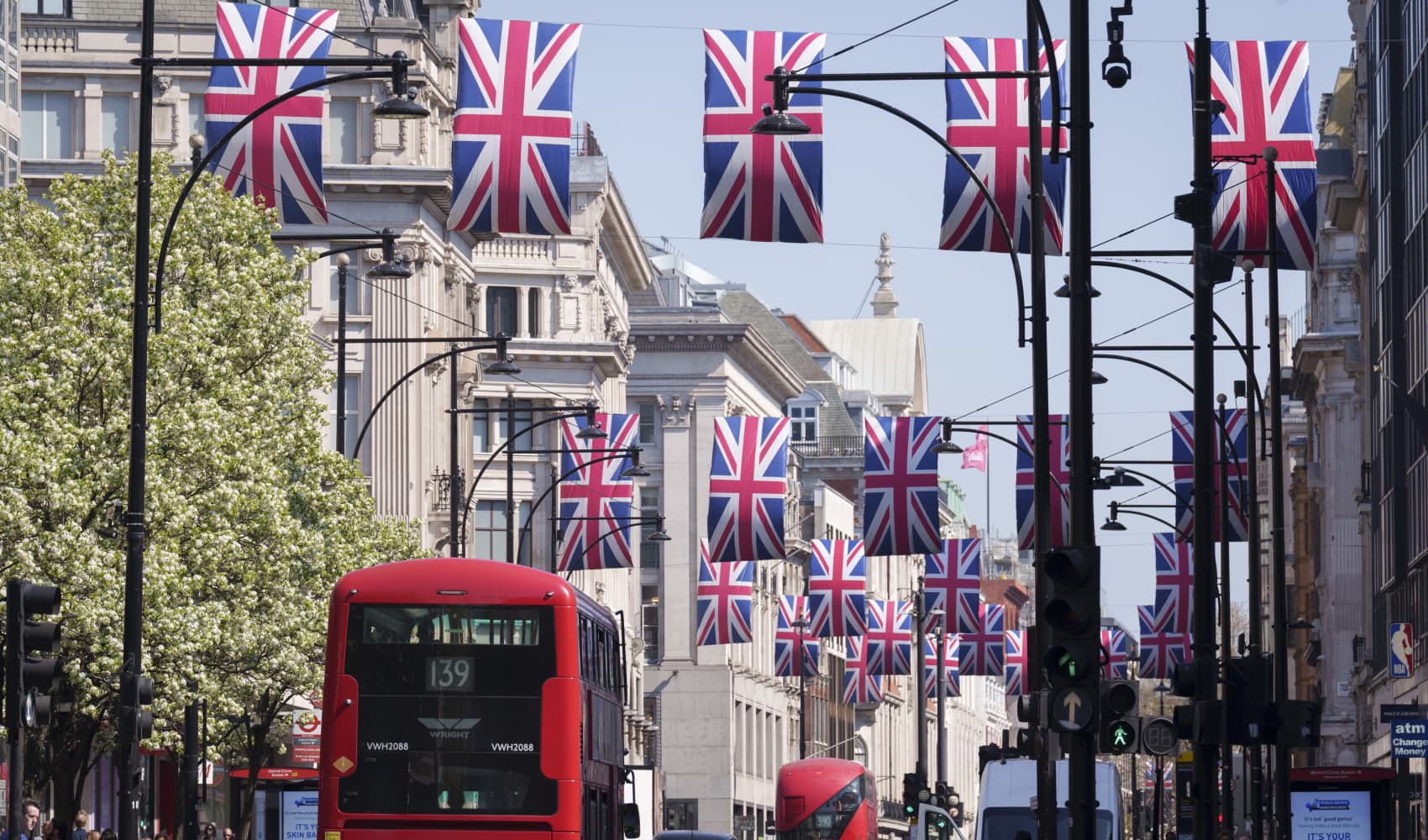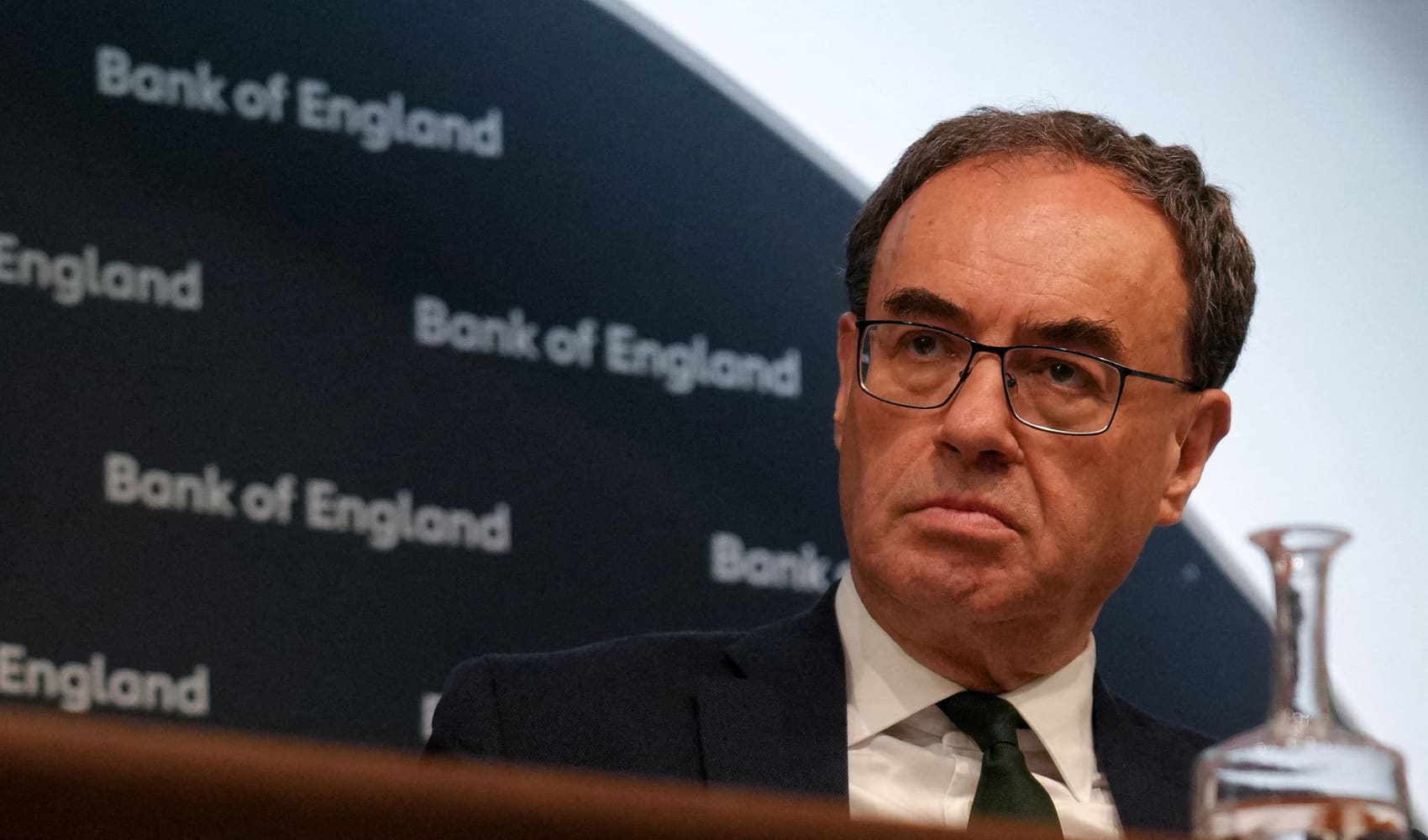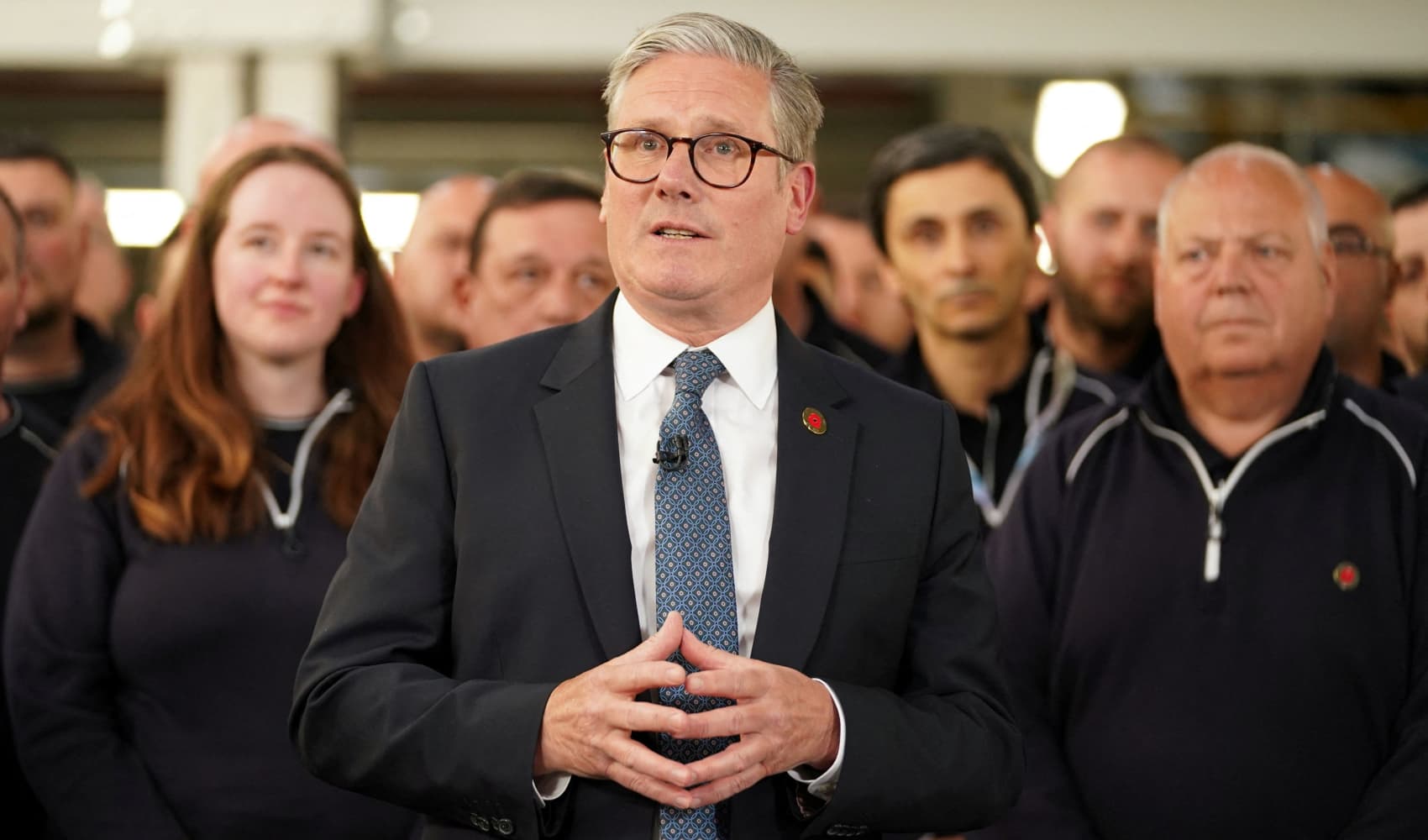FTSE 100 on Fire! Can the Rally Last?
FTSE's Record Run: Will the Rally Last After Novo Nordisk's Surge?
Introduction: Chasing the Highs of 2017
The FTSE 100, the UK's bellwether stock market index, is on a roll! It's like watching your favorite team go on an incredible winning streak. The index has managed to keep its head above water, closing slightly higher and extending its positive run to a staggering 13 sessions. This puts it on par with its best performance since 2017 – a year many investors remember fondly. But what's driving this surge, and can it be sustained? Let's dive in and explore the factors influencing the FTSE's current trajectory.
The Winning Streak: A Closer Look
13 Days of Green: How Did We Get Here?
The FTSE's 13-day winning streak is no small feat. It begs the question: What's behind this sustained upward movement? Several factors are likely at play, including a mix of positive earnings reports (despite some hiccups, as we'll see later), a generally optimistic global outlook, and potentially, a bit of good old-fashioned momentum trading. It's like a snowball rolling down a hill – once it gets going, it tends to pick up speed.
Small Gains, Big Impact: The 0.02% Difference
While the overall gain on the specific day was only a modest 0.02%, the significance lies in extending the winning streak. It's like winning a race by a hair – it still counts! These small gains accumulate and contribute to overall investor confidence. And in the stock market, confidence is key.
European Markets: A Day of Rest
May Day Holiday: A Pause in the Action
Many major European markets, including Germany, France, Italy, and Spain, were closed for the May Day holiday. This meant reduced trading volume overall, and perhaps a calmer session for the FTSE as a result. It's like having a quiet day at the office – sometimes, that's exactly what you need to catch your breath.
UK Earnings: A Mixed Bag
Lloyds' Profit Decline: A Warning Sign?
Not all news was rosy. Bank Lloyds reported a near 7% profit decline in the first quarter, attributed to higher costs. This resulted in a 2.3% dip in its share price. This highlights the importance of individual company performance within the broader market picture. It's a reminder that even in a rising tide, some ships can still sink a little.
Persimmon's Perspective: The Housing Market Puzzle
Housebuilder Persimmon also shared updates. While the truncated content doesn't provide specifics, it's safe to assume their report offered insights into the state of the UK housing market. The housing sector is often seen as a barometer of the overall economy, so its performance is closely watched by investors. Is the housing market helping or hindering the FTSE's ascent? More information is needed to determine this. Did Persimmon have a trick up their sleeve or did they disappoint investors?
Novo Nordisk: The Danish Giant Making Waves
The 2% Surge: A Pharma Powerhouse
While the provided text doesn't detail Novo Nordisk's specific impact on the FTSE 100 (it's a Danish company and not directly listed), its rise is significant in the context of European markets. A 2% surge for a company of Novo Nordisk's size reflects positive developments, potentially related to its diabetes and obesity treatments. This can influence investor sentiment across the continent.
Beyond the Headlines: Understanding Novo Nordisk's Growth
Novo Nordisk's success is often attributed to its innovative products and strong market position in the diabetes and obesity care sectors. With increasing global concerns about these health issues, the company is well-positioned for continued growth. Think of it as a company riding a powerful wave of increasing demand.
Factors Influencing the FTSE 100
Global Economic Outlook: The Big Picture
The FTSE 100 doesn't operate in a vacuum. Global economic conditions play a crucial role in its performance. Factors such as inflation rates, interest rate decisions by central banks, and geopolitical events can all have a significant impact. Keeping an eye on the global landscape is essential for understanding the FTSE's movements.
Brexit's Lingering Shadow: The UK's Unique Challenge
While the initial shock of Brexit has subsided, its long-term effects continue to shape the UK economy and, consequently, the FTSE 100. Trade deals, regulatory changes, and shifts in investor sentiment all contribute to the ongoing narrative. Brexit's impact is like a slow-burning ember, still influencing the overall climate.
Commodity Prices: A Key Driver
Many companies listed on the FTSE 100 are involved in the commodities sector, such as oil, mining, and agriculture. Fluctuations in commodity prices can therefore have a significant impact on the index. A rise in oil prices, for example, can boost the share prices of oil companies, contributing to an overall increase in the FTSE 100. Are commodity prices soaring or stalling?
Is the Rally Sustainable?
The Bear vs. Bull Debate: Which Way Will It Go?
The million-dollar question: Can the FTSE's winning streak continue? Optimists (bulls) point to positive economic data, strong corporate earnings, and a generally favorable investment climate. Pessimists (bears) warn of potential headwinds, such as rising inflation, interest rate hikes, and geopolitical risks. It's a constant tug-of-war between optimism and caution.
Volatility Ahead: Preparing for the Unknown
Regardless of which direction the FTSE ultimately takes, volatility is likely to remain a factor. Unexpected events, such as surprise economic announcements or geopolitical shocks, can trigger sharp swings in the market. It's like navigating a turbulent sea – being prepared for the unexpected is crucial.
Diversification: Your Shield Against Uncertainty
In times of market uncertainty, diversification is your best friend. Spreading your investments across different asset classes, sectors, and geographic regions can help to mitigate risk. Don't put all your eggs in one basket! It is a fundamental principle in investments.
Investment Strategies in the Current Climate
Long-Term Investing: Staying the Course
For long-term investors, the key is to remain focused on your overall investment goals and avoid getting caught up in short-term market fluctuations. Stay the course, and don't let short-term volatility derail your long-term strategy. It's like planting a tree – you need to be patient and let it grow over time.
Value Investing: Seeking Undervalued Opportunities
Value investors look for companies that they believe are undervalued by the market. This involves identifying companies with strong fundamentals but whose share prices are currently trading below their intrinsic value. Are there any hidden gems waiting to be discovered?
Growth Investing: Betting on Future Potential
Growth investors, on the other hand, focus on companies with high growth potential, even if their current valuations appear expensive. This strategy involves identifying companies that are expected to grow rapidly in the future, often in emerging industries or disruptive technologies. Will these high-growth stocks continue their pace?
Conclusion: Riding the Wave, But Staying Grounded
The FTSE 100's recent winning streak is certainly something to celebrate, putting it on par with its best run since 2017. However, it's crucial to remember that the stock market is a complex and dynamic beast. While positive earnings, like those from Novo Nordisk, contribute to the optimism, challenges such as Lloyds' profit decline highlight the importance of individual company performance. Ultimately, a combination of global factors, Brexit's lingering effects, and commodity price fluctuations will continue to shape the FTSE's trajectory. Investors should remain vigilant, diversify their portfolios, and adopt strategies that align with their individual risk tolerance and long-term goals. The market will go up, and the market will go down. The key is being prepared.
Frequently Asked Questions
Q1: What is the FTSE 100?
A1: The FTSE 100 is a stock market index representing the performance of the 100 largest companies listed on the London Stock Exchange. It's often used as a benchmark for the UK stock market.
Q2: What factors typically drive the FTSE 100's performance?
A2: Several factors influence the FTSE 100, including global economic conditions, company earnings, commodity prices, interest rates, and geopolitical events.
Q3: How does Brexit continue to affect the FTSE 100?
A3: Brexit continues to impact the FTSE 100 through trade deals, regulatory changes, shifts in investor sentiment, and overall uncertainty surrounding the UK's economic outlook.
Q4: What are some investment strategies suitable for the current market climate?
A4: Suitable strategies include long-term investing (staying focused on your goals), value investing (seeking undervalued companies), and growth investing (betting on future potential). Diversification is crucial to mitigate risk.
Q5: Is it a good idea to time the market when investing in the FTSE 100?
A5: Timing the market is notoriously difficult and often unsuccessful. It's generally recommended to focus on long-term investment strategies and avoid trying to predict short-term market movements.



